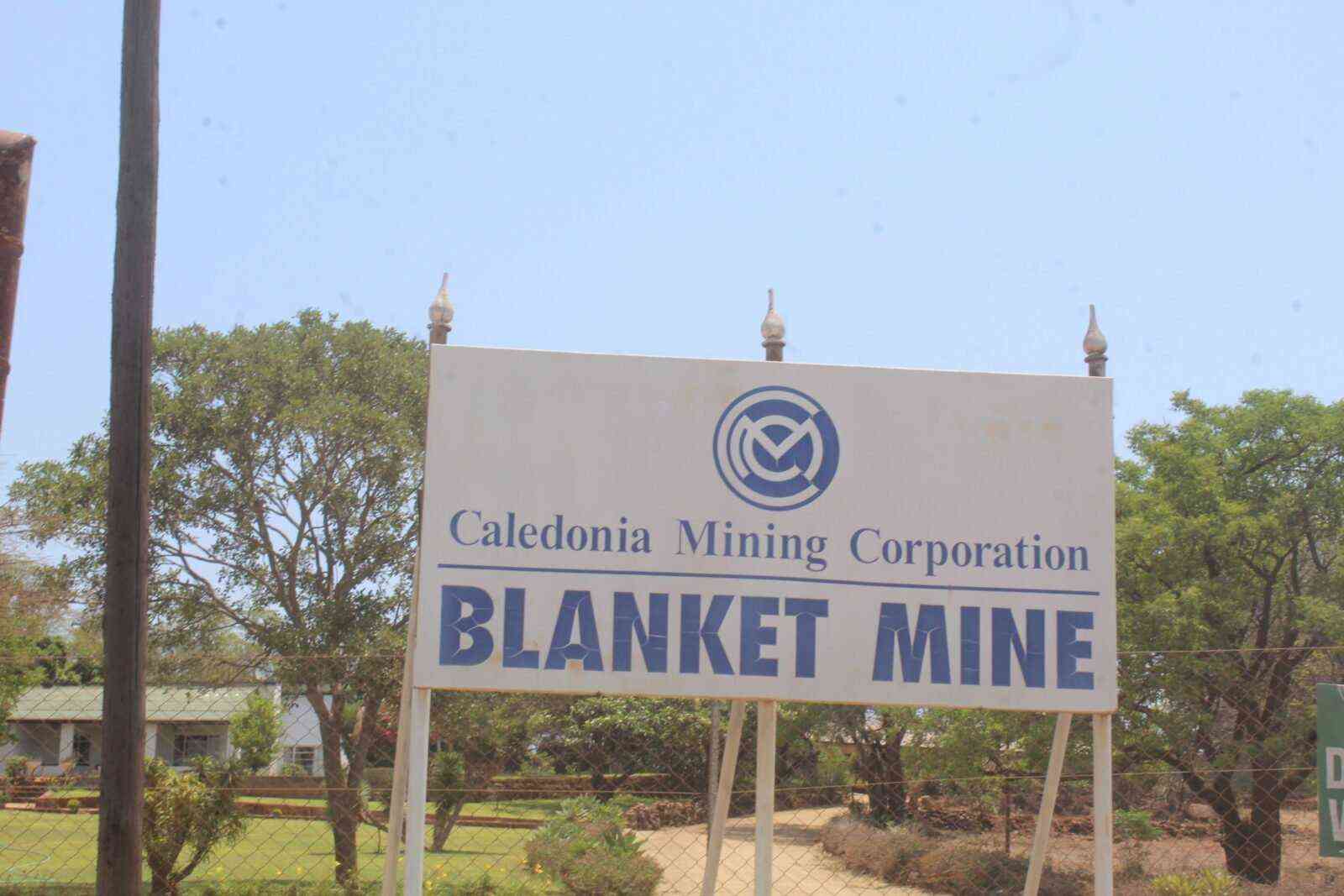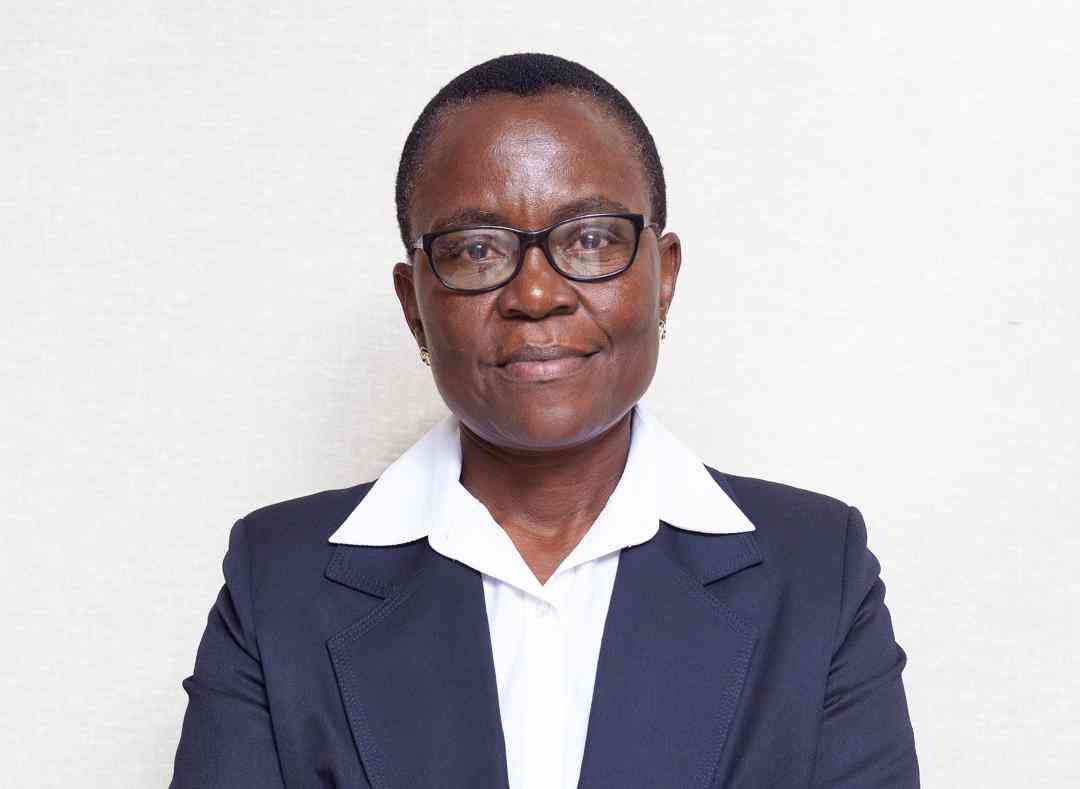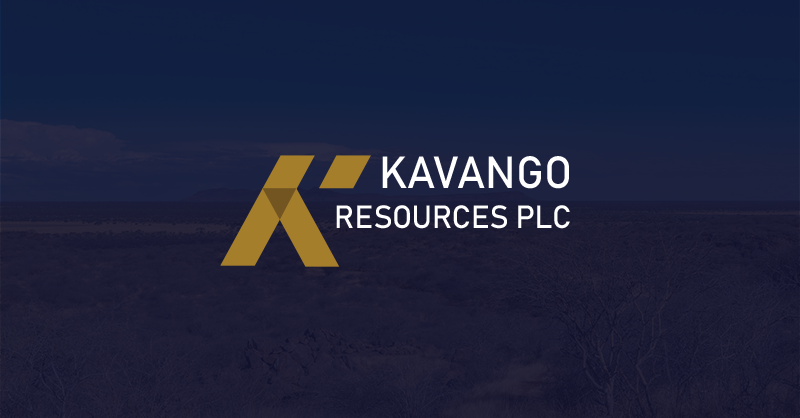
ZIMBABWE needs over US$2,5 billion in foreign currency reserves to be able to fully de-dollarise, the government has revealed, discounting sentiments that the exercise can be taken anytime soon.
The revelation comes at a time when Zimbabwe President Emmerson Mnangagwa hinted on the removal of the United States dollar if the new currency, Zimbabwe Gold (ZiG) remained stable and grew in value.
Last year, the government announced that it had a clear and transparent plan to move away from using the United States dollar to prevent continued exchange rate volatility.
This plan involved introducing ZiG, which debuted in April and backed by commodities and forex. Treasury and the central bank are expected to implement supportive policies to strengthen ZiG to get it internationally accepted, leading to the multicurrency regime being scrapped.
However, this has been a tall order as the market continues to overwhelmingly prefer forex with several companies adopting the greenback as a reporting currency, post the ZiG introduction.
“There is actually two point something billion US-dollars (circulating in the economy) and about US$2 billion of that is actually in US dollars, and the other US$300 million (worth) is in ZiG,” Finance, Economic Development and Investment Promotion deputy minister David Mnangagwa said, during the Institute of Chartered Accountants of Zimbabwe Winter School in Victoria falls last Friday.
“What that means is that to be able to have 100% dedollarisation, we need at least US$2,5 billion within our vaults, whether its gold, or its cash, to make sure that all the money that is in circulation right now is fully covered. If we were to increase our stockpile of reserves to about US$2 billion, I’d say we immediately de-dollarise.”
Zimbabwe intended to end the use of the US dollar and other foreign currencies in 2025, before making a U-turn, and extending its usage to 2030.
- NoViolet Bulawayo’s new novel is an instant Zimbabwean classic
- COP27: Zimbabwe’s opportunity to shine
- Jah Prayzah, Zanu PF rekindles ‘lost love’
- Female politicians complain over sexual harassment
Keep Reading
This was after foreign currency holders took a hold position with this tender, resulting in liquidity nearly drying up from the market.
Since the introduction of ZiG, Treasury and the central bank have prevented the local tender money supply from satisfying the entire market to try and prevent it from becoming inflationary.
However, this has created a liquidity crunch that is crippling the market and forcing forex holders to hold onto their foreign currency.
“We need to make sure that of the US$2 billion circulating in the economy, all of it is able to be accounted for by way of raising our reserves so that we absorb the US$ and ensure that there is fungibility between the ZiG and the US$,” Mnangagwa said.
“There’s US$2 billion, 85% of US dollars. It’s not government money, it is people’s money. So right now, chances are, if you have money in your pocket, US$80 is US dollars, and the US$20 equivalent is in your wallet or in your bank. That is the structure of the economy, that is the structure of people’s finances, [even the structure of citizens’ pensions].”
ZiG accounts for less than 20% of all transactions in the economy, with the United States dollar as a dominant currency, according to official statistics.
Mnangagwa said to be able to absorb that US dollar and create more ZiG, there had to be enough banking, or else the country would go back to inflationary pressures.
“Now getting to the timeline. If we were to increase our stockpile of reserves from, I think where we’re now, up to over three times, that needs to be US$2 billion worth,” he added.
Mnangagwa said further measures relating to the stability of ZiG, would feature in this week’s 2024 National Budget review on Thursday.
“As Treasury, as government, it is our intention to have a very deliberate programme to make sure that ZiG is bolstered,” he said.
“So, you will find that when the minister, Mthuli Ncube, next week presents his mid-term review, there will be a series of robust measures in place to make sure that we show our commitment as government.”











